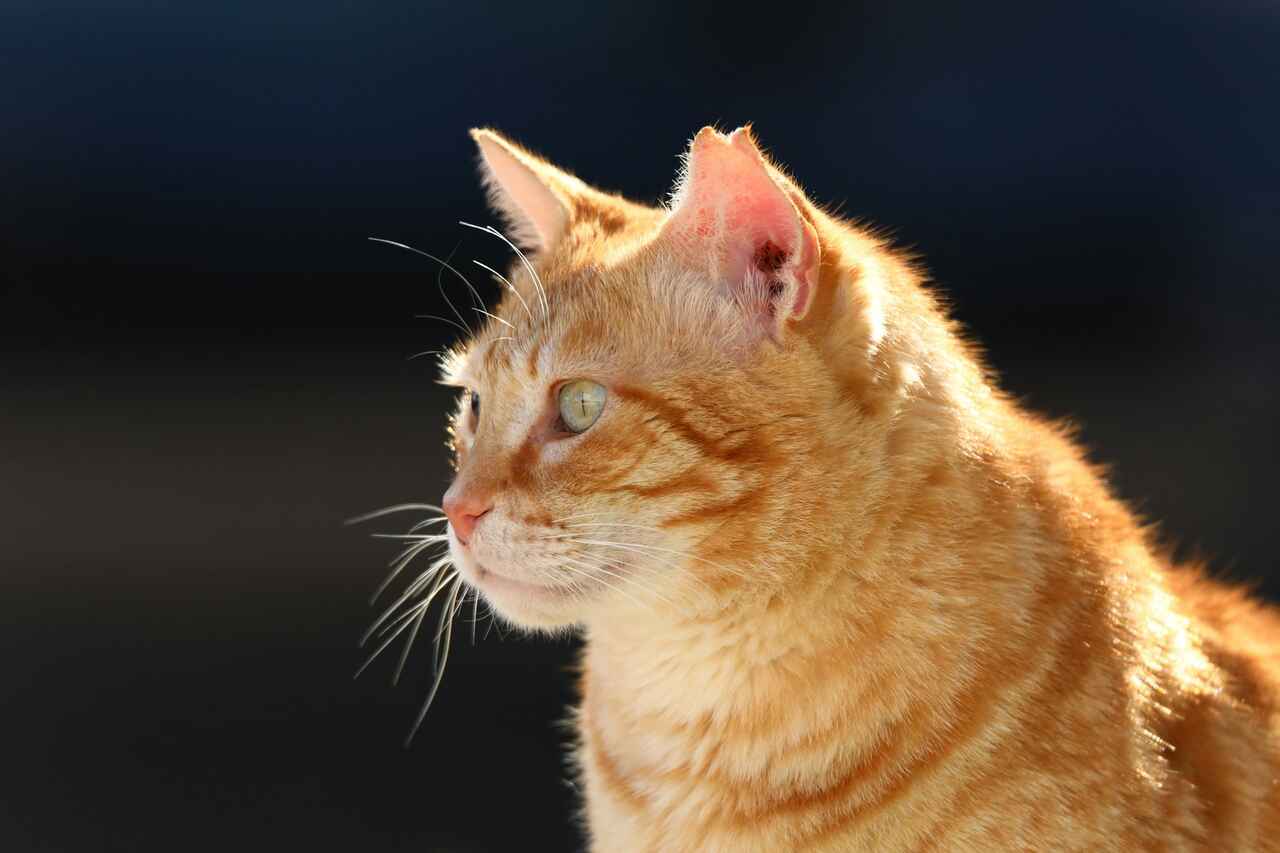
We know how breeds can affect the personality of cats, but did you know that the color of your cat’s fur also has this effect?
+ Funny video shows the painful coexistence of dogs with violent cats
+ Hilarious video brings together cats specialized in break-ins
Ginger cats, popularly known as “orange cats”, have made their name as one of the most daring and mischievous feline variants.
According to Dr. Anna Foreman, in-house veterinarian at Everypaw Pet Insurance, while the science is vague, there is much anecdotal evidence pointing to the conclusion that orange cats are wilder than their counterparts.
“Studies on owner’s perception of their cat’s personality have shown that ginger cats are seen as more friendly, affectionate and playful,” she told FEMAIL.
Foreman further suggested that the playful behavior of orange cats “may be to do with the gender split seen in ginger cats – around 70-80 per cent are male.” The reason for this is that the gene for a orange coat is much more easily passed on to male kittens than to females, according to her.
Roger Tabor, a feline behavior specialist, pointed out that science points to the existence of differences in breed temperament, but little directly points to the change in color of cat behavior, despite the claims made about orange cats.
“Male cats are generally more adventurous and friendly, being especially adventurous if they have not been neutered, which is why the population of mainly male ginger cats may be seen as such,” he told the BBC.
Additionally, unneutered ginger cats may have their bright personalities from their “Viking” roots. “However, studies of owners’ perceptions tell a different story, with calico and grey cats being ‘aloof’ and the ginger cat being seen as ‘friendlier and more affectionate’,” Tabor added.
This content was created with the help of AI and reviewed by the editorial team.

